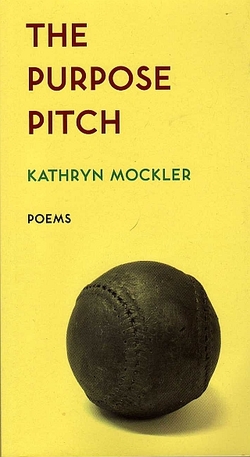
Alfred Jarry’s founding definition circa 1900 of ’pataphysics as “the science of imaginary solutions” that “will explain the universe supplementary to this one” has been supplemented many times, recently by Christian Bök as a joyful perceptual set that “thrives wherever the tyranny of truth has increased our esteem for the lie and wherever the tyranny of reason has increased our esteem for the mad.” Canadian literature got its first glimpse of what a ’pataphysical imagination could produce in 1970 with bpNichol’s hilariously sobering The True Eventual Story of Billy the Kid in which nearly all of the historic Billy was displaced by a ‘supplementary’ Billy who vividly and cryptically enacted the cultural symbol he has become. Nichol went on to produce four collections of mostly ’pataphysical texts: Love: a Book of Remembrances, Zygal: A Book of Mysteries, Art Facts: A Book of Contexts and Translations, and Truth: A Book of Fictions.
Jarry had gone on to explain, “Why should anyone claim that the shape of a watch is round—a manifestly false proposition—since it appears in profile as a narrow rectangular construction, elliptic on three sides; and why the devil should one only have noticed its shape at the moment of looking at the time?” – unknowingly foreshadowing the elliptical and otherwise distorted watches and clocks of 1920s Surrrealism, images also from supplementary universes. Often the “mad” vision of things is closer to our experiences, alas, than is the “rational” or official one. One stark portrayal of this is the long flarf poem “April 30 - May 31 2014” in Kathryn Mockler’s new collection, The Purpose Pitch. The poem is constructed of 67 brief and bureaucratically factual official reports of sexual assaults on women in various countries. Despite that variety, the diction of the reports is depressingly – absurdly and surreally – uniform. But what each local report treats as a routine and contained event becomes through the poem a mad crazy global orgy of both bureaucratic and misogynist violence.
Mockler’s The Purpose Pitch contains many impressive – and purposeful – works of ’pataphysics. Her poem “Harper” – like Nichol’s portrait of Billy the Kid – exemplifies the power and ‘truth’ that an imaginary, ahistoric portrayal of a public figure can deliver, and thus the cultural work that the ’pataphysical imagination can perform. Here’s an excerpt from part 4:
teacher night. [....] His teacher, Mrs. Brown, was that one teacher that all the children
adored. He doesn’t believe in anything I try to teach him. He thinks he can answer
however he wants on a quiz, and if he’s told his answers are wrong, he just tears up his
sheet into tiny pieces and scatters them on the floor. I’ve never seen anything like it, she
said. Where did he get such an attitude? What will become of him?
Unfortunately, we know the answer all too well.
The book also contains texts that move toward the surreal, such as the opening poem, “Sealed Containers,” in which two voices debate how to get out of a “here” that they never describe, “Spirits” in which the speaker gets drunk at a friend’s seance and offends the spirits and later holds her own seances where she enjoys harrassing and irritating the spirits she manages to contact, and “Mexico” in which the speaker comes to believe her dreams may be other people’s memories. At least nine of the poems are addresses or apostrophes – one to poetry, chiding it for wanting “everyone to be your friend,” and eight to “World” in which the speaker tries to be helpfully critical but feels variously ineffectual, tired, angry and diffident at World’s own ineffectuality, blindness, carelessness and amorality. These apostrophes are distributed throughout the book both unifying it and providing a growing sense of desperation. “World” is quite possibly the “here,” the “sealed container,” of the book’s opening dialogue. In the apostrophes the speaker discovers that she herself is a version of the ‘World’ she mistrusts and frequently detests. In the final section she realizes that she would kill “World” in an attempt to save herself (something most people in this world are already doing) and that she’s “glad I discovered just how much I despise you. I really feel better about myself now.” It’s of course a pyrrhic insight – much like humanity’s current understandings of overpopulation and climate change are also pyrrhic insights.
Among the growing number of alternatives to lyric self-expressive poetry, this is sparkling collection, full of wit, irony and entertaining hopelessness. There's very little hope here in fact, except for the imagination, but much more bang than whimper.
FD
 RSS Feed
RSS Feed